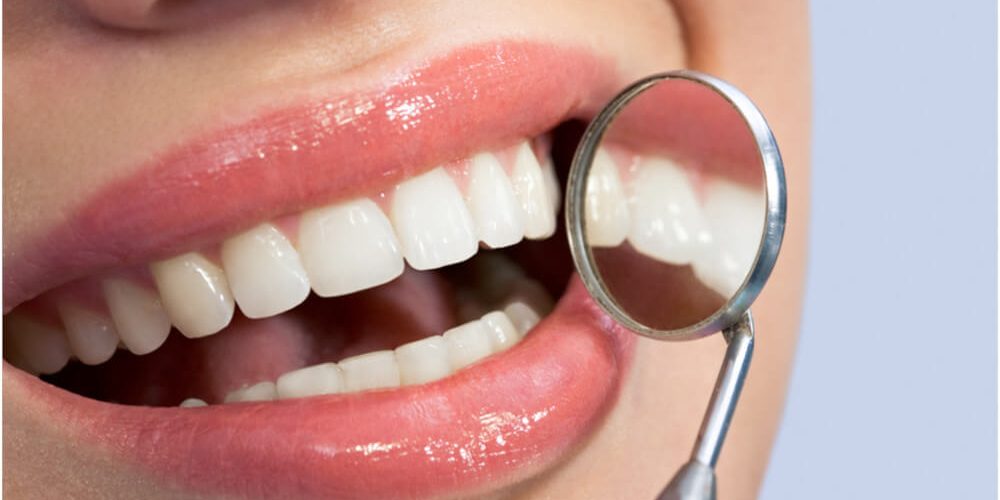Teeth play such an important role in our lives, but you would be surprised at how many patients are unaware that the mouth is made up of different types of teeth, with each one boasting a special function.
Canines
This tooth is located on each side of the incisors, and they are also referred to as cuspids. There are four of them in total within the mouth and are used to cut foods up. Without these teeth it would be problematic to break down food into a digestible form. The canines are also essential for keeping your teeth aligned, doing so at the point when the upper and lower jaw meet.
Premolars
This tooth is sometimes referred to as the bicuspids, and they have a flat-top design. There are eight in total within the mouth, and they are located under the canines. A key function they help with is chewing food, as well as maintaining the face’s height.
Molars
The molars comprise 12 teeth, which are wide and flat, located within the upper and lower parts of the jaw. This includes the wisdom teeth, which erupt quite late on, around the teenage years in the rear of your mouth. These teeth, like the premolars, also help with chewing and supporting facial height. A key piece of information regarding the molars, are that the molars on the lower jaw have two roots, while the molars in the upper jaw have three roots. Due to the potential problematic nature of wisdom teeth, they may need to be removed in some scenarios.
Incisors
These teeth are located at the front of the mouth, with four on the upper jaw and four on the bottom jaw. Unlike the other teeth, they are quite pointed, thin, and straight. The key functions of these teeth are providing the initial bite into food, helping speech and pronunciation, and supporting the lips.
Special teeth categories
As well as the key types of teeth that have already been discussed, there are some special categories. These categories have been detailed below and are not always present in all individuals.
Supernumerary teeth
While most adults will have 32 teeth in total within their mouth, it is possible to have additional teeth, which are known medically as supernumerary teeth. The most common supernumerary teeth are the incisors or molars, and in some scenarios, they will need to be removed if causing major problems.
Natal teeth
It is possible that natal/fetal teeth develop while the child is still in the womb and can be present within the babies’ gums when born. Due to the weak roots of these teeth, they usually fall out fairly early. These teeth can be particularly problematic, as newborn babies may accidentally swallow these teeth when they fall out. Additionally, infants can potentially bite their own tongues, or harm their mothers during breastfeeding.
Caring for teeth
It is essential for all teeth to be maintained, as poor oral hygiene can lead to several major medical issues. Some key tips on how to properly care for teeth have been detailed below:
Undertaking basic practices
A very important way to care for teeth is to undertake the basic oral hygiene practices, this includes brushing at least twice a day, flossing daily, rinsing your mouth after food/drink consumption, and using mouthwash when required.
Regular dental visits
Regularly visiting the dentist and having professional dental care is essential for ensuring your teeth and mouth remain in good condition. This will allow your oral situation to be evaluated, treatments to be carried out and a deep cleaning to take place.
Water consumption
Drinking plenty of water each day can also be extremely useful. It can aid the consumption of food, rinse of any leftover debris/bacteria from teeth and keep your mouth clean when other options such as brushing/flossing are not possible.
Proper brushing technique
If you are not adopting a proper brushing technique, then you may not actually be cleaning your teeth comprehensively enough. In fact, in some scenarios you can be doing damage if you are being too rough or abrasive with your brushing, as this can wear away enamel.
Diet
What you consume every day is essential in keeping your teeth healthy, with a key thing to avoid being sugar. This will mean reducing consumption of soft drinks, sweets, and cakes. Additionally, try to avoid acidic items as these can also be problematic for teeth, leading to cavities and erosion of enamel. Try to also consume large amounts of calcium to keep teeth strong, and crunchy fruits/vegetables to strengthen your jaw/teeth.
Next time you smile, you’ll know exactly what teeth are on show, and next time you eat a meal, you’ll be aware of which teeth are working the hardest to chew up your food. If you need some help restoring your smile in anyway, you know where we are.

